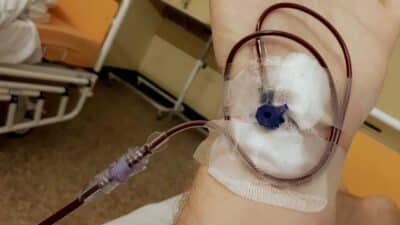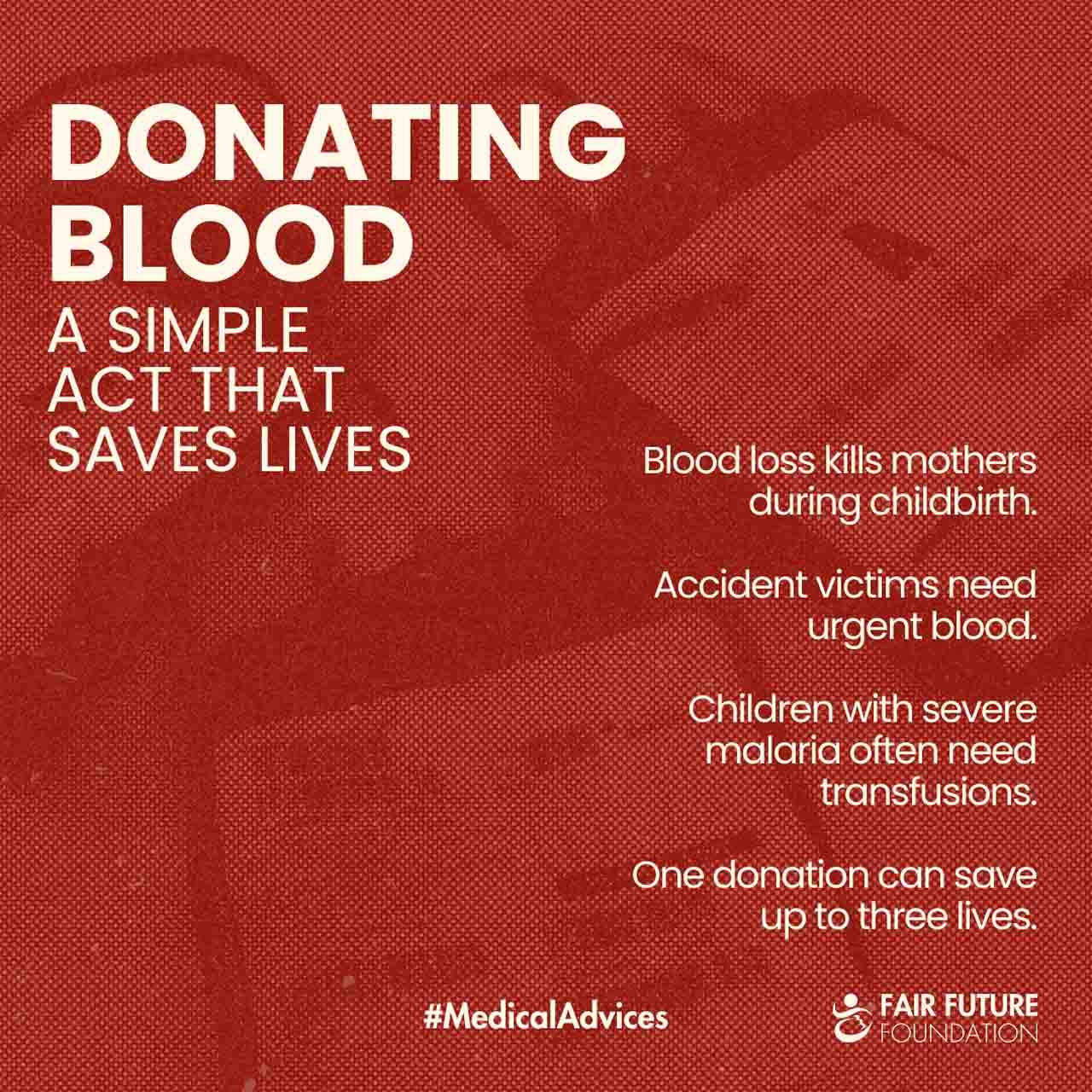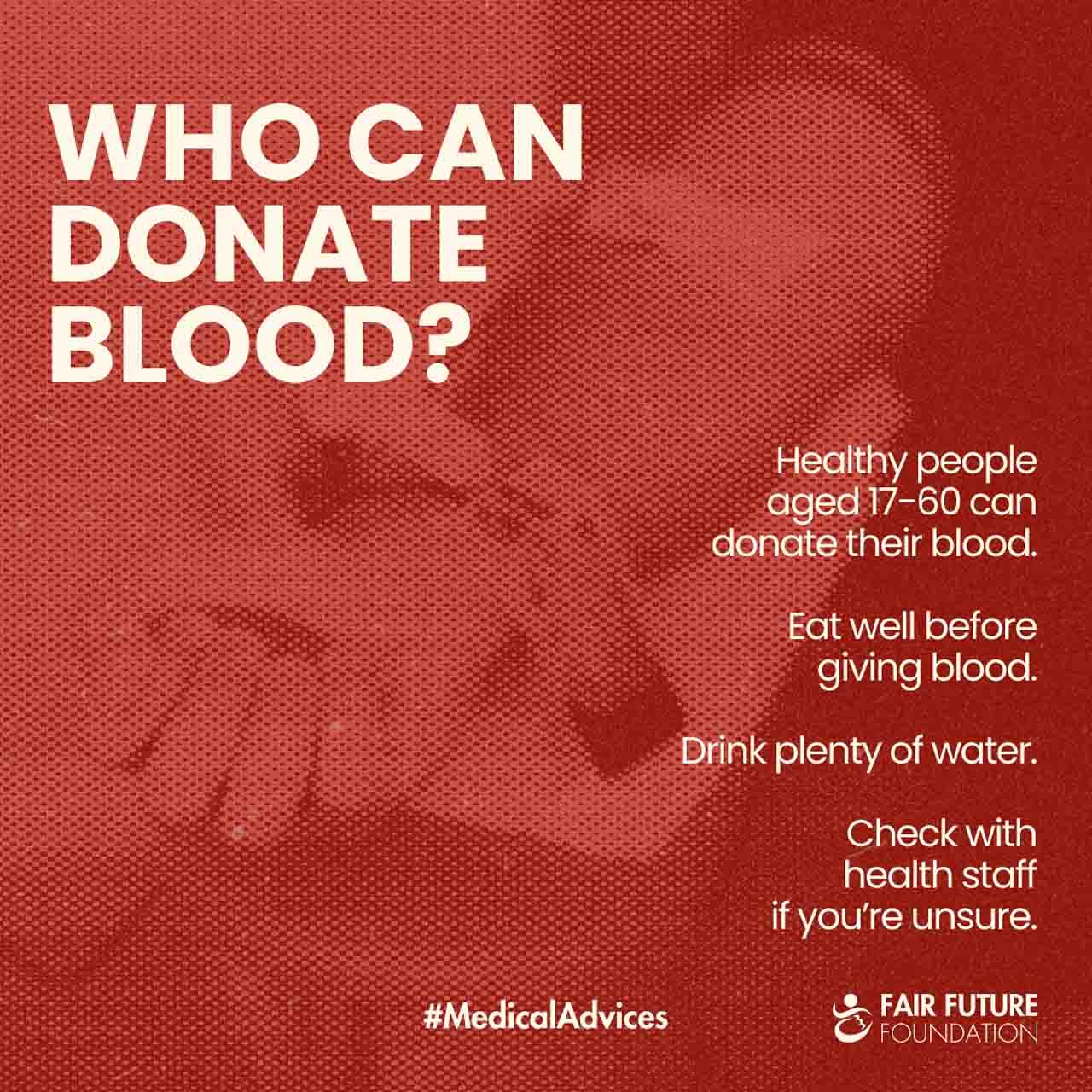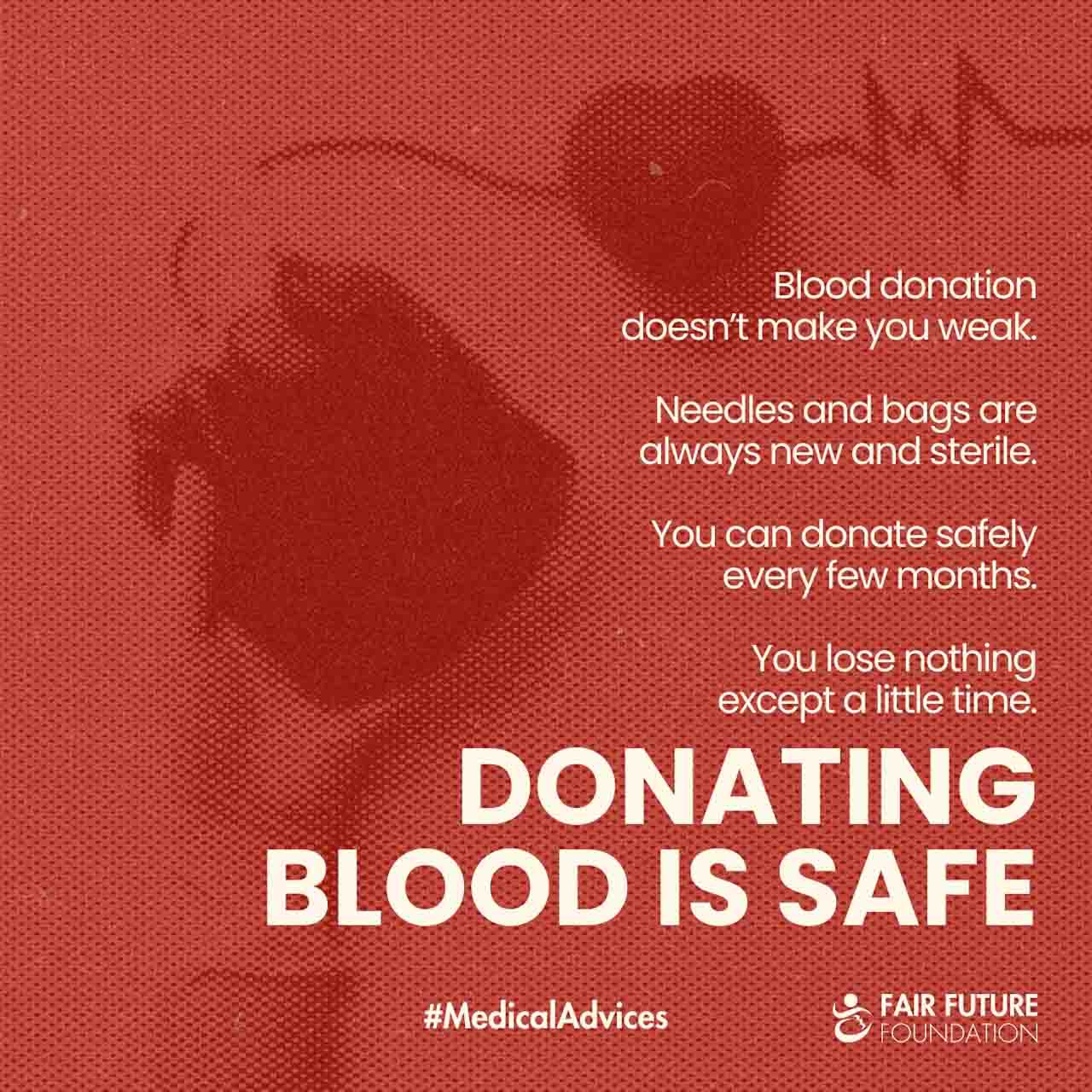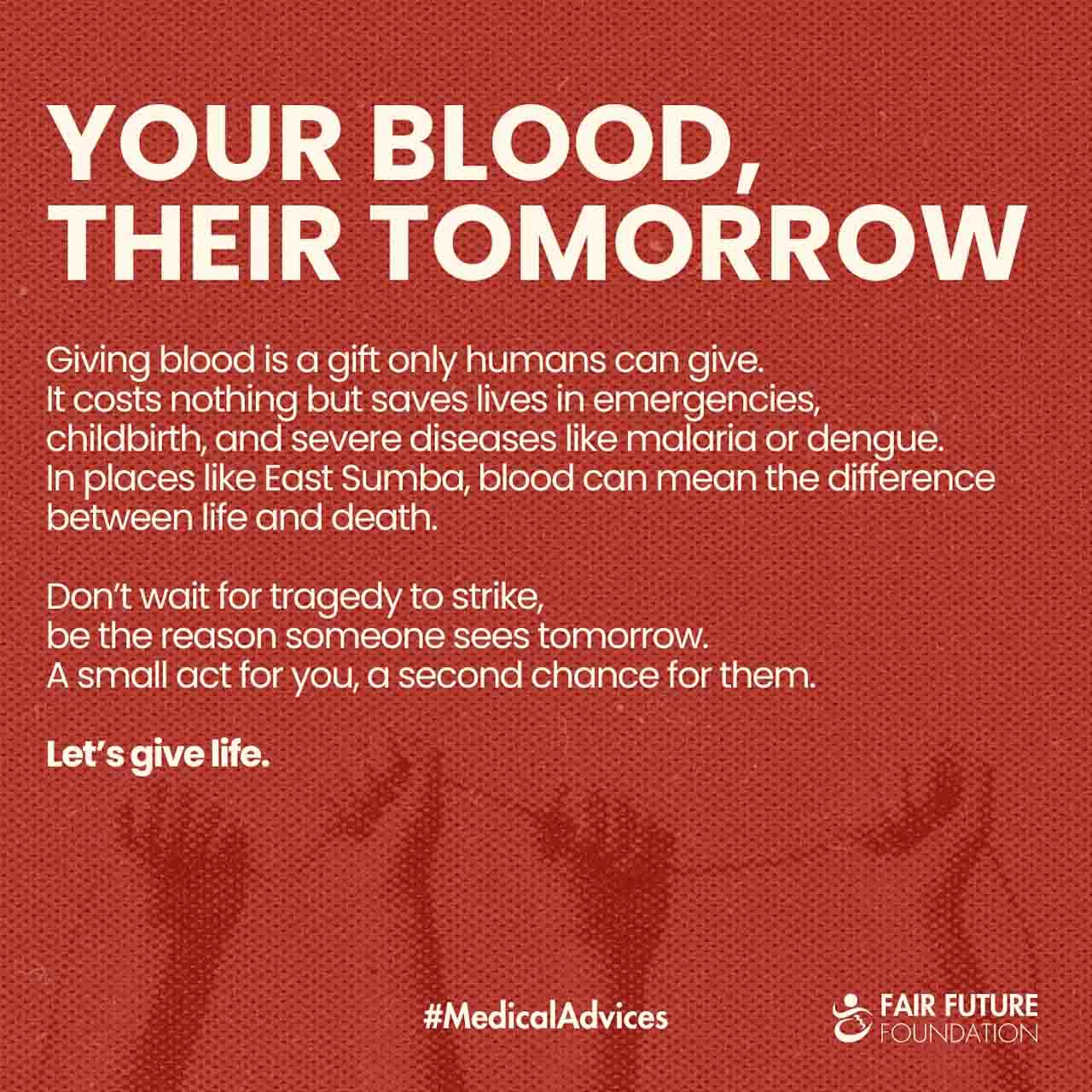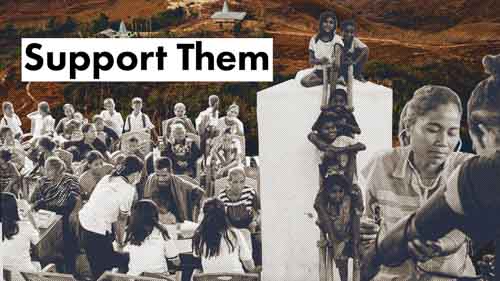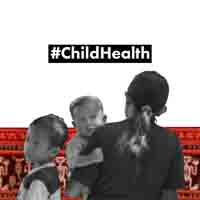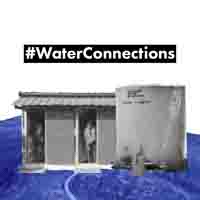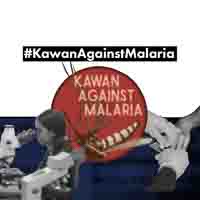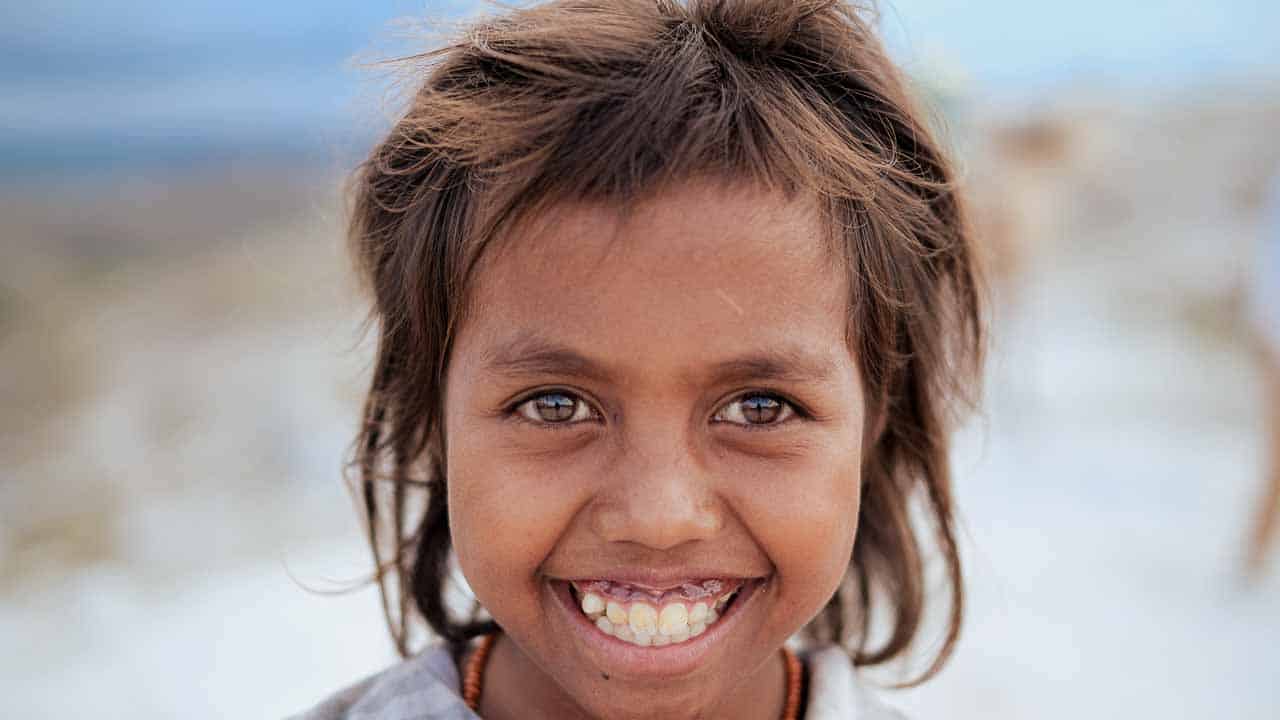Blood Donation Is Critical in Remote Indonesia, Where Emergency Care Is Out of Reach
One donation can save lives in areas with no hospitals or emergency medical services.
A Simple Gift of Life – Why Blood Donation Matters in Remote Indonesia
In many rural areas of Indonesia, particularly in places like East Sumba, the absence of a dependable blood supply can be life-threatening. Daily, emergencies occur where a safe blood supply is inaccessible. Whether it’s a mother at risk of postpartum haemorrhage, a child battling severe malaria, or a victim of a road accident, the absence of available blood can make the difference between life and death. In such critical situations, even one unit of blood can save a life.
Blood cannot be synthesised in laboratories; it is a precious resource that only healthy and willing individuals can donate. Remarkably, a single donation can save up to three lives. In remote regions, the scarcity of reliable blood supplies is a huge challenge. Blood banks are often located hours away and, during emergencies, may be impossible to reach due to challenging terrains and limited infrastructure.
Individuals aged 17 to 60 who are in good health and well-nourished are eligible to donate blood without risk. The procedure is swift, safe, and conducted under strict medical supervision. However, myths and misconceptions prevail in numerous communities. Some people fear that donating will lead to weakness, pain, or health risks like contamination. It’s crucial to dispel these myth; each donation is carried out with sterile, single-use equipment, ensuring complete safety for donors. The human body replenishes its blood within days, meaning donors lose nothing but a bit of time.
In regions afflicted by diseases such as malaria and dengue fever, blood donations are indispensable because they help address the anaemia and internal bleeding these diseases often cause. Moreover, blood is crucial in maternal healthcare, a sector where haemorrhage is one of the leading causes of maternal death in rural Indonesia.
In ultra-rural Indonesia, your donation could be the single factor that ensures survival. Don’t wait for a crisis. Be the reason someone gets another day, a mother embraces her infant, or a father recovers from an unforeseen illness. When advanced medical facilities are out of reach, your act of compassion through blood donation becomes the pinnacle of medical intervention.
Fair Future Foundation and Kawan Baik Indonesia are dedicated to enhancing healthcare in Indonesia, emphasising the critical need for accessible and reliable blood donation systems in remote areas.
Today, the 15th August – Alex Wettstein
In Short – Your Blood Can Save a Life
In remote rural regions, donating blood is not only beneficial but essential. Without nearby hospitals, transfusions rely entirely on local donors. A single unit can be life-saving for a mother, child, or accident victim. Safe, fast, and crucial—blood donation remains one of the easiest ways to show solidarity.
About this topic on our Instagram page
List of Related Organisations with Hyperlinks
- Red Cross Indonesia: A major player in blood collection and emergency services, vital in addressing local shortages in Indonesia.
- Last Mile Health: Provides training to community health workers to deliver life-saving care in the most remote areas, such as in Fair Future’s programmes.
- Maternal Health Task Force: A Harvard-led initiative that promotes research and action to reduce maternal deaths, a key aim of Fair Future.
- Swiss TPH: A leading institute in malaria research and maternal health, supporting safe transfusion strategies.
- Médecins Sans Frontières: Offers emergency care in remote regions without hospital access, similar to Fair Future’s medical missions.
- WHO Blood Safety: Sets global standards for donation, transfusion safety, and rural access—principles adopted by Fair Future.
- PATH: Champions innovation in maternal and child health and rural health systems, resonating with Fair Future’s frontline efforts.



